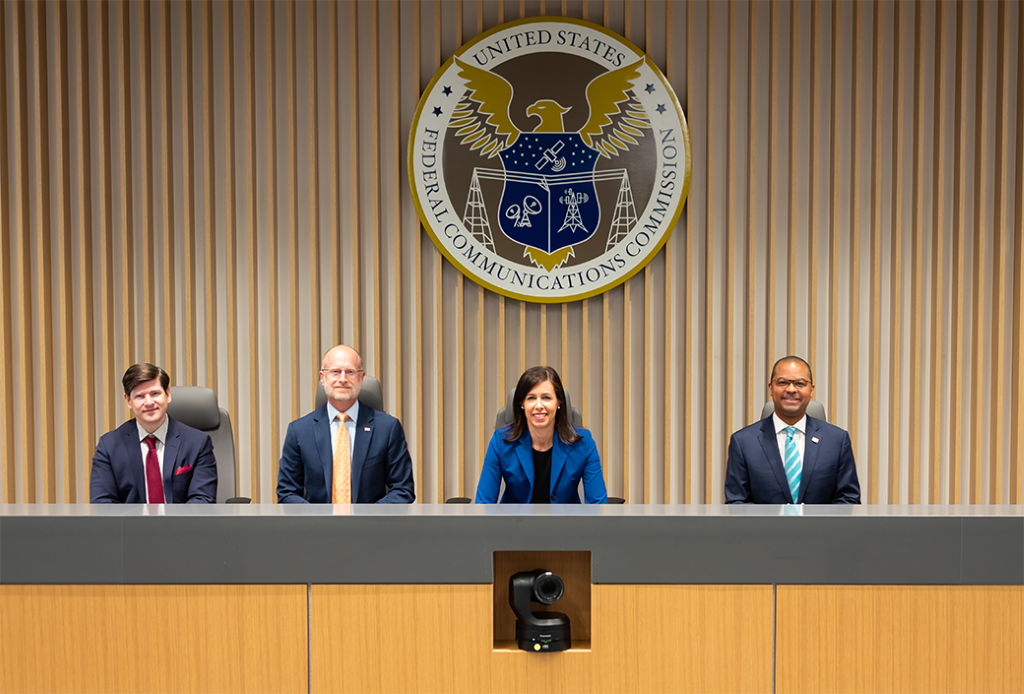FCC Should Not Increase Rural Program Obligations in Light of New Federal Funding: Meeting Notes
Opponents say increasing coverage and speed obligations of the ACAM program may be unnecessary with new federal broadband money.
Teralyn Whipple

WASHINGTON, August 4, 2022 – The Federal Communications Commission should withhold expanding funding for a program of the Universal Service Fund because there may be support for broadband infrastructure from other federal funds and state activities, according to responses to the FCC proceeding on revising that program.
The FCC’s Wireline Competition Bureau is seeking comment on enhancing the Alternative Connect America Cost Model program – which funds build-outs to rural and high-cost areas by allowing carriers to recover costs from the USF – by proposing additional funding support in exchange for increasing provider obligations to expand broadband deployment locations at higher internet speeds. It would also use the new Broadband DATA Act maps – which are set to be released by the fall – to determine new deployment obligations.
The new obligations would require speeds of at least 100 Megabits per second download and 20 Mbps upload to 90 percent and at least 25/3 Mbps to the remaining 10 percent of eligible census blocks. In 2019, the commission increased the speed obligation to 25/3, which made at least 106,000 additional rural homes and small businesses eligible for A-CAM funding.
But the proposal is facing some opposition. According to a meeting summary with a legal advisor in Commissioner Brendan Carr’s office published Tuesday, telecom company Windstream reiterated that Congress has created an unprecedented $42.5-billion opportunity to deploy broadband networks in rural areas through the Infrastructure, Investment and Jobs Act and corresponding state broadband programs.
Windstream stressed in the meeting the importance of studying the IIJA’s impact prior to increasing current obligations to fund broadband projects, which it said would impact the stability of the USF.
The FCC is currently studying the future of the USF, whose revenues are derived largely from dwindling voice service revenues. Windstream expressed its support of the commission acting under what Windstream views as the FCC’s authority to expand the USF contribution base to include broadband internet access services, which has been an issue of debate for some time and is being studied by the commission.
NCTA, the internet and television association, in a summary of a meeting held with the legal advisor to Chairwoman Jessica Rosenworcel, added that rather than spend USF resources where they may not be necessary – and may even disrupt state activities already in progress – the commission should pause any new high-cost support through the A-CAM program.
The association added that the FCC should be skeptical of requests to increase support for ongoing maintenance and operations through A-CAM as alternative federal funding may eliminate the need for operational support in many areas.
Comments on the decision to revise A-CAM will be accepted through August 18.
The proposal follows a request in June by Siyeh Communications, which asked for a change in A-CAM because the program allegedly incorrectly determined certain areas to be ineligible by misidentifying those areas being served by an unsubsidized, unaffiliated carrier.








Member discussion